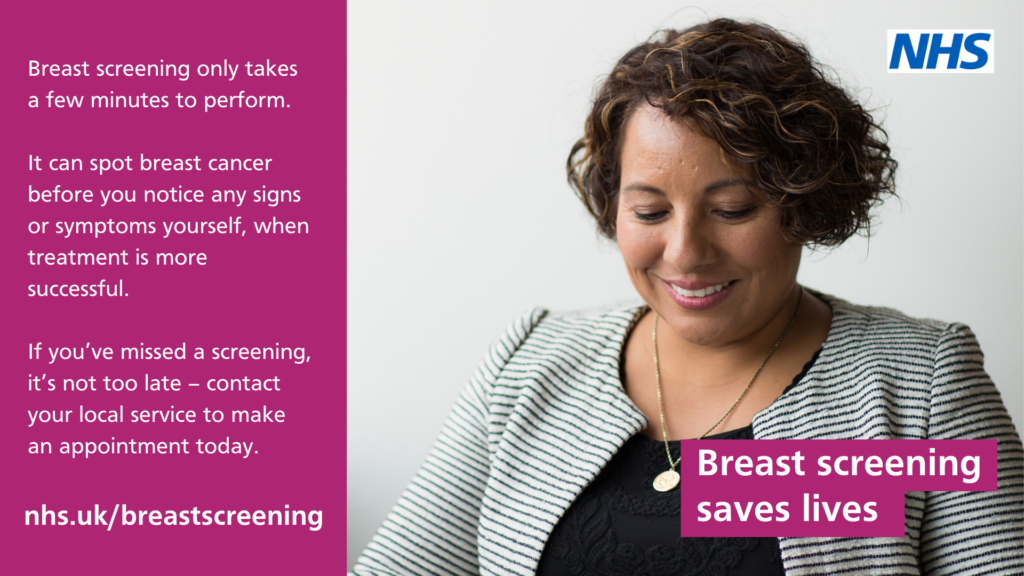Fear of Flying Information
Trinity Medical Centre is unable to prescribe benzodiazepines (such as diazepam) to patients for fear of flying. Many other GP practices have a similar policy.
It may be in the past this has been issued for our patients. Current guidance highlights significant risks Prescribing these drugs is not recommended any more for these reasons
1) Diazepam is a sedative, which means it makes you sleepy and more relaxed. If there is an emergency during the flight it may impair your ability to concentrate, follow instructions and react to the situation. This could have serious safety consequences for you and those around you.
2) Sedative drugs can make you fall asleep, however when you do sleep it is an unnatural non-REM sleep. This means you won’t move around as much as during natural sleep. This can cause you to be at increased risk of developing a blood clot (DVT) in the leg or even the lung. Blood clots are very dangerous and can even prove fatal. This risk is even greater if your flight is greater than four hours.
3) Whilst most people find benzodiazepines like diazepam sedating, a small number have paradoxical agitation and in aggression. They can also cause disinhibition and lead you to behave in a way that you would not normally. This could impact on your safety as well as that of other passengers and could also get you into trouble with the law.
4) According to the prescribing guidelines doctors follow (BNF) Benzodiazepines are contraindicated (not allowed) in phobia. Your doctor is taking a significant legal risk by prescribing against these guidelines. They are only licensed short term for a crisis in generalised anxiety. If this is the case, you should be getting proper care and support for your mental health and not going on a flight.
5) Diazepam and similar drugs are illegal in a number of countries. They may be confiscated or you may find yourself in trouble with the police.
6) Diazepam stays in your system for quite a while. If your job requires you to submit to random drug testing you may fail this having taken diazepam.
We appreciate that fear of flying is very real and very frightening. A much better approach is to tackle this properly with a Fear of Flying course run by the airlines and we have listed a number of these below.
Easy Jet www.fearlessflyer.easyjet.com Tel 0203 8131644
British Airways www.flyingwithconfidence.com Tel 01252 793250
Virgin www.flyingwithoutfear.co.uk Tel 01423 714900
Fly And Be Calm™ is an instant download and comes with a money back guarantee (Guarantee does not apply to app versions).6 MP3 tracks which include instructions, the fear removal tool and two hypnotic tracks. The least expensive option, takes very little time, works on the root cause of your problem. If you are not 100% happy you can get a full refund. https://flyandbecalm.co.uk/







